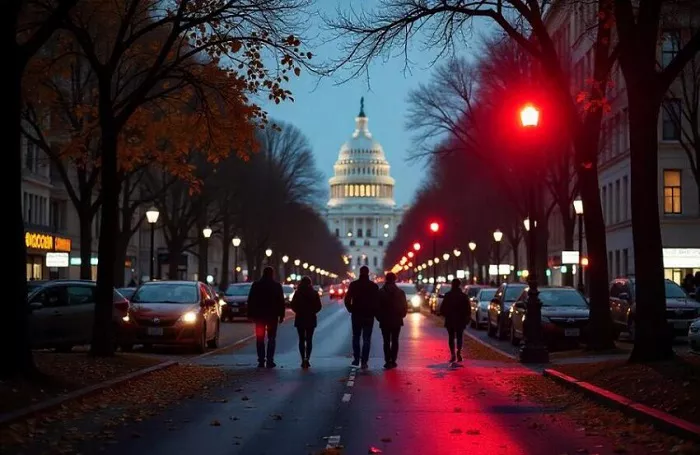In a significant international development, the United States has joined forces with several Caribbean nations—including Antigua and Barbuda, Dominica, St Kitts and Nevis, Saint Lucia, Grenada, and Saint Vincent and the Grenadines—to address increasing concerns over Citizenship by Investment (CBI) programmes. These programmes, which offer citizenship in exchange for major financial investments, are facing growing scrutiny due to security, diplomatic, and immigration-related risks.
Why the Scrutiny?
CBI programmes have been a vital economic tool for many small nations, especially in the Caribbean, driving revenue for infrastructure, job creation, and foreign investment. However, a recently leaked US State Department memo raised alarm bells about:
The lack of residency requirements.
Weak due diligence that could allow individuals to exploit new citizenship to enter the US.
Allegations of anti-American activity—though specific incidents were not disclosed.
According to the memo, these factors pose national security risks for the US and may undermine immigration enforcement efforts.
What the US Is Demanding
The US has issued a 60-day deadline, requiring affected Caribbean governments to submit an action plan by next Wednesday at 8 a.m.. The plan must demonstrate:
Stronger vetting procedures.
Enhanced transparency and accountability.
Reforms aligning with US and international security standards.
Failure to comply could result in travel restrictions, visa bans, or loss of access to US markets.
Wider Global Implications
This issue goes beyond the Caribbean. The memo reportedly lists 25 African countries, along with several in Central Asia and the Pacific, under similar scrutiny. The move is part of a broader Trump-era immigration policy aimed at controlling who can legally enter or reside in the US.
The announcement follows the June 4 presidential proclamation, which:
Imposed full travel bans on nations like Afghanistan, Myanmar, Chad, and Equatorial Guinea.
Added partial restrictions on Cuba, Venezuela, Laos, and Burundi, among others.
What Caribbean Leaders Say
Caribbean governments continue to defend their CBI programmes, emphasizing:
The economic necessity of the schemes.
Strict due diligence measures already in place.
The unfairness of lumping them with countries facing broader sanctions or bans.
They argue that CBI helps struggling economies survive, especially in the post-pandemic era where tourism revenue has declined.
A Path Forward: Negotiation and Cooperation
To prevent harsher US sanctions, nations may seek to:
Negotiate safe third-country agreements, agreeing to repatriate deportees from the US.
Increase collaboration with US law enforcement on background checks.
Implement minimum residency or physical presence requirements before granting citizenship.
What This Means for the Future of CBI
The coming weeks will be critical. The decisions made now could:
Redefine global standards for citizenship-by-investment.
Impact regional economies reliant on foreign investment.
Reshape how sovereignty, security, and mobility intersect in immigration policy.
As the deadline looms, the world is watching whether the Caribbean can successfully reform and preserve a key economic strategy—while satisfying US security demands.
Related topics:
- USCIS Updates Green Card Medical Exam Rule
- Indonesia Tightens Visa Extension Rules for Foreigners
- Apartment Rent in Singapore: 2025 Full Guide


